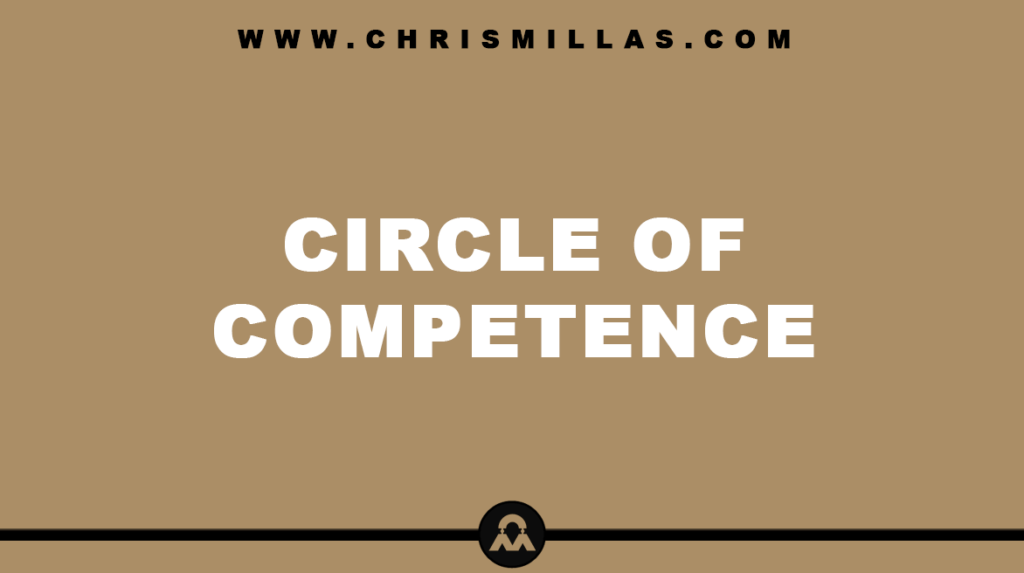In this post, we’ll unpack all you need to know about inflation, defining exactly what it is, what drives it, who wins and who loses as a result, why it is theft, how to protect against it and more.
What Is Inflation?
Inflation is a measure of the rate at which the price of goods and services in an economy have increased. The higher the rate of inflation, the more the value of goods and services increases and the value of money decreases.
What Drives Inflation?
There are many factors that drive inflation, however, they all tend to fall within three primary categories:
- Cost-Push Inflation occurs when the price of goods and services increases as a result of an increase in production costs.
- Demand-Push Inflation occurs when the demand of goods and services increases more than the supply.
- Monetary Devaluation occurs when the price of goods and services increases as a result of an increase in money supply.
Effects Of Inflation
Inflation isn’t always obvious. In fact, it is often hidden.
When faced with rising costs, businesses are forced to either increase the value of goods and services or decrease the quantity or quality of goods or services.
Why Inflation Is Government Theft
Inflation is usually the result of an increase in the supply of money by government.
As the supply of money increases, the value of money decreases. Loss of purchasing power means people are being robbed of their wealth. As a consequence, they have to work exponentially harder for a currency growing exponentially weaker.
At a deeper level, since money is a representation of time and energy spent labouring, not only is inflation stealing people’s money, it’s stealing their very life force. In short, inflation is theft.
“Inflation is taxation without legislation.” ― Milton Friedman
Who Loses?
Those who have cash are worse off as the value of money decreases with inflation. The decrease in the value of money is compounded by the increase in the price of goods and services.
It is also bad for creditors since the money that they receive back is worth less.
Who Wins?
Those who own assets are better off as the value of hard assets increases with inflation. The decrease in the value of money is offset by the increase in the value of their assets.
It is also good for debtors since it reduces the value of their outstanding debt. This also applies to government debt, further incentivising them to devalue the currency by increasing the money supply.
Inflation & Wealth Redistribution
The lower class tend to hold more of their wealth in cash and have less debt. The upper class tend to hold more of their wealth in assets and have more debt.
Thus, inflation results in wealth redistribution from the lower class to the upper class ― from wage earners to asset holders ― from the haves to the have nots. In this way, it exacerbates wealth inequality.
How To Protect Yourself From Inflation
Ultimately, the key to protecting yourself from inflation is to invest in scarce assets that will be desirable regardless of present or future circumstances and will maintain or increase in value over time.
Summary (TL;DR)
Inflation is a measure of the rate at which the price of goods and services increases in an economy. It usually occurs as a result of an increase in production costs, an increase in demand or an increase in money supply.
Inflation caused by government printing is an indirect and more palatable way to “steal” money. Rather than the government “taking” something away from its citizens, it simply devalues the money instead.
Inflation tends to harm individuals who hold cash and help individuals who own assets. This can increase wealth inequality by transferring wealth from the lower class to the upper class.







